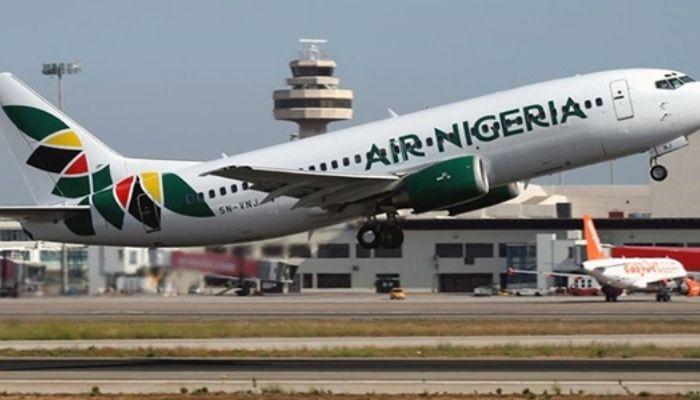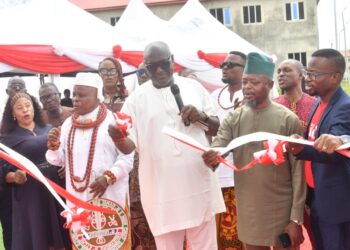Nigeria is set to secure its first dry lease aircraft agreement in nearly two decades — a landmark move that could significantly lower operating costs for domestic airlines and potentially bring down passenger fares.
Minister of aviation and aerospace development, Festus Keyamo, disclosed the impending deal during an interview on Arise TV this week, stating that a local carrier will finalise the agreement in less than two weeks. The deal, he said, marks a shift in investor sentiment toward Nigeria’s aviation industry, long plagued by foreign lessor distrust over asset security and regulatory risks.
“This is the first time in almost two decades that a Nigerian airline will successfully close a dry lease arrangement,” Keyamo said. “Nobody gives you a dry lease unless they trust your system. It’s three times cheaper than a wet lease.”
Under a dry lease, the aircraft is provided without crew, insurance, or maintenance, and operational responsibility rests entirely with the lessee — in this case, a Nigerian airline. Compared to wet leasing, where lessors maintain full control, dry leasing reflects stronger confidence in a country’s regulatory and legal environment.
Keyamo attributed the breakthrough to Nigeria’s recent signing of the Cape Town Convention (CTC) practice direction in September 2024, which assures foreign lessors of asset recoverability in the event of default.
“A dry lease means they hand you the plane and trust your system. It tells the world we are cleaning up our aviation sector and strengthening the legal framework,” he said.
The minister noted that the anticipated deal will open the door for other domestic carriers to access similar leasing structures, lowering barriers to fleet expansion and cutting reliance on expensive wet leases.
“If one airline secures it, others will follow. That will naturally bring down operational costs, which translates to cheaper tickets for Nigerians,” Keyamo said.
Keyamo also confirmed that Nigerian flag carrier Air Peace has secured a coveted landing slot at Heathrow Airport, London — a feat achieved after months of bilateral air service agreement (BASA) negotiations with the United Kingdom.
He said while the UK initially offered Gatwick, Nigerian authorities pushed diplomatically for Heathrow to maximise route competitiveness.
“Lagos–London is one of our busiest and most profitable routes. We knew Heathrow was key to giving Nigerian airlines a fair chance to compete,” he said.
The development, according to the minister, has already triggered a drop in international ticket prices. “We are already seeing fares fall. In the next few months, prices will drop further as competition heats up,” he said.
Keyamo further stated that Nigerian airlines like Air Peace would now benefit from expanded interline and codeshare agreements — critical for positioning local carriers in global aviation networks.
“If Air Peace isn’t flying to the U.S., they can now partner with airlines that do, using Heathrow as a bridge,” he explained. “This improves convenience for travellers and elevates the global standing of Nigerian carriers.”
The aviation minister said the current reforms — from regulatory overhauls to bilateral diplomacy — are all geared toward one objective: building an aviation ecosystem that is investor-friendly, competitive, and cost-efficient.
“This is not just about one deal. It’s a signal to the world that Nigeria is back as a credible aviation investment destination,” Keyamo said.





